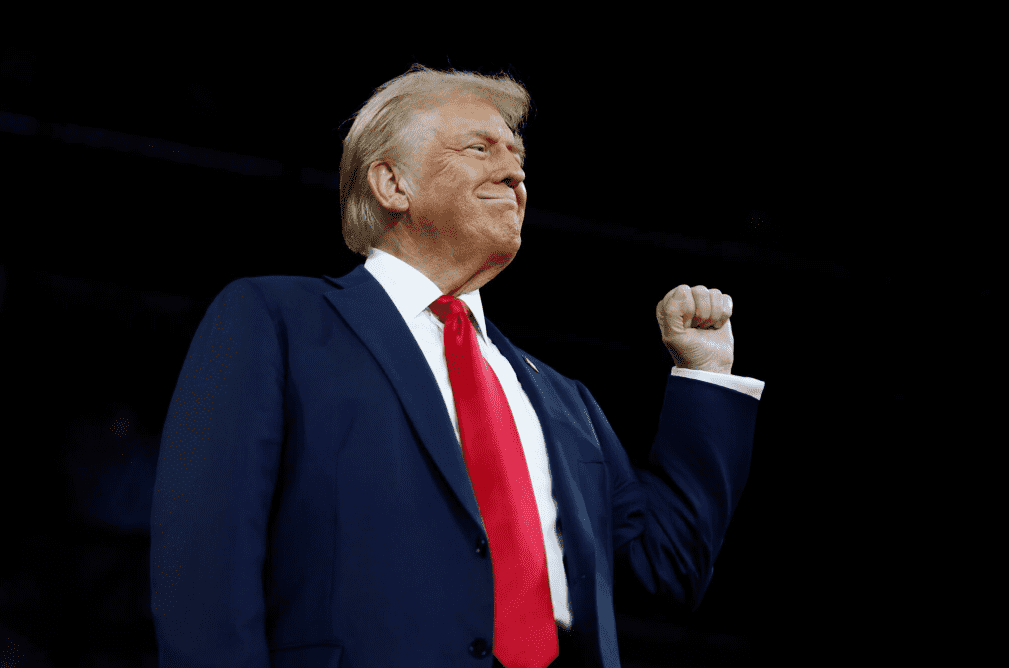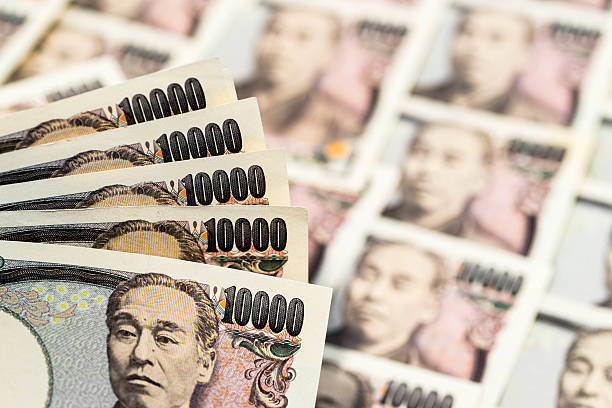BMW stock drops 8.5% in Europe after 2025 earnings outlook downgrade

BMW stock collapsed by 8.5% on Wednesday in Europe’s market close after the Munich-based automaker slashed its 2025 earnings outlook, according to data from Google Finance.
The company said delays in customs refunds from the U.S. and Germany and ongoing weakness in China forced it to change guidance, shaking investor confidence in one of Germany’s most valuable exporters.
On Tuesday night, BMW told investors that it now expects pretax earnings to decline slightly in 2025, a reversal from its earlier forecast of flat performance compared to 2024. Analysts at RBC called the tariff developments a blow to the firm.
“The tariff news is disappointing, especially given our expectation that BMW could be well-positioned on tariffs versus peers,” said the team. The automaker’s biggest plant is in the United States, and BMW holds the title of Germany’s top exporter by value.
BMW slashes free cash flow and profit margin
The company cut free cash flow guidance for its automotive arm by half, moving from more than €5 billion to just above €2.5 billion ($2.9 billion). At the same time, it narrowed the profit margin for that division to 5–6% from the earlier 5–7%.
The changes were tied to delays in receiving refunds, which BMW said will total a high three-digit million figure from both the U.S. and German authorities. These funds are now expected only next year, not in 2025 as first assumed.
BMW continues to assume the European Union will reduce import tariffs to zero from the current 10%, based on the framework trade deal signed with Washington. UBS and JPMorgan both argued that the timing of the customs refund was secondary. JPMorgan analysts said:
“More important than the impact of tariffs will be the firm’s ability to stabilise the volume momentum and pricing power in China in FY26, which will ultimately ensure the longer term competitiveness of the group.”
From January through September, BMW managed to grow sales in Europe and the U.S., but China remained the problem. Demand there fell short of expectations. Shares of rival Mercedes-Benz also declined by 3.5% on Tuesday after reporting weak China sales tied to tariffs. BMW confirmed it will release its full quarterly earnings on November 5.
BMW hit by China competition and turns to new EVs
Western carmakers are losing ground in China. Domestic companies such as BYD and Xiaomi are winning buyers with electric cars that are cheaper and filled with features. The heavy competition is putting pressure on luxury names like Audi and Porsche, both part of Volkswagen.
On Tuesday, both Mercedes and BMW reported falling third‑quarter unit sales in China, reflecting how crowded the market has become.
Demand for premium EVs has weakened globally. Automakers facing muted growth in Europe and higher duties in the United States have started cutting costs and redirecting funds back to combustion and hybrid models.
BMW admitted that part of the free cash flow downgrade came from payments it is making to support dealers in China.
The automaker also confirmed it had to revise its assumptions on tariffs. Last month, the U.S. lowered duties on auto imports from the EU to 15% retroactive to August 1, under the framework trade deal sealed almost two months earlier. BMW said reimbursements from this move will be received in 2026, not this year.
Even as profits come under pressure, BMW is investing heavily in its electric future. The company last month rolled out the iX3 sport utility vehicle, the first model in its Neue Klasse line.
The new platform has already consumed more than €10 billion in investment, and management is betting it will help win back ground in China and keep demand steady in Europe and America.
Join a premium crypto trading community free for 30 days - normally $100/mo.






